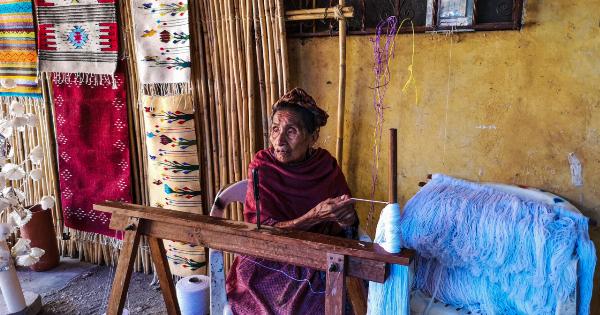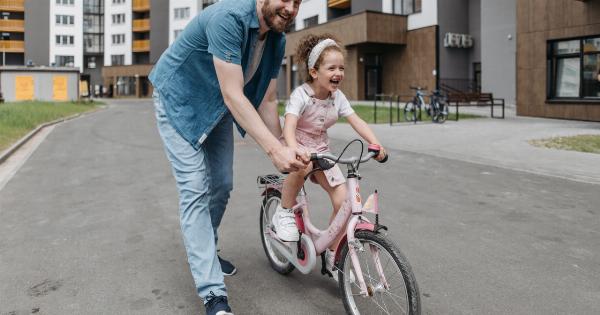In any group or team, there are bound to be individuals who are more vulnerable or less empowered than others. These individuals, often referred to as “helpless comrades,” are more easily tricked or manipulated by others.
This article explores the reasons behind this phenomenon and discusses the implications it has on both individuals and the group as a whole.
The Nature of Helplessness
Helplessness can stem from various factors, including a lack of knowledge or skills, low self-esteem, or a history of being taken advantage of.
Comrades who fall into this category may be more susceptible to deception or manipulation due to their vulnerability and limited resources to defend themselves.
The Psychology of Trickery
Those who seek to trick or deceive others often rely on exploiting certain psychological vulnerabilities.
Helpless comrades are more likely to exhibit traits such as trust, naivety, and a desire for acceptance, making them easy targets for those with malicious intent.
The Power Dynamics at Play
Power dynamics within a group can also contribute to the ease with which helpless comrades are tricked.
Those who hold positions of power or influence may abuse their authority to manipulate or deceive others, particularly those perceived as weaker or less knowledgeable. This abuse of power further exacerbates the vulnerability of helpless comrades.
The Role of Education and Awareness
One way to address the issue of helpless comrades being easily tricked is through education and awareness.
By equipping individuals with knowledge, critical thinking skills, and self-confidence, they are better prepared to identify and resist manipulation or deception.
Building Stronger Support Networks
Helpless comrades often lack a strong support network to rely on when faced with tricky situations. By fostering a sense of community and encouraging solidarity within the group, individuals become less isolated and more likely to seek help when needed.
These support networks can act as a buffer against manipulation and deception.
Encouraging Critical Thinking
Critical thinking is an essential skill for individuals to protect themselves from being tricked. By encouraging comrades to question information, examine motives, and evaluate evidence, they become less susceptible to manipulation.
Group discussions, workshops, and activities focused on critical thinking can empower individuals to make informed decisions.
Bolstering Confidence and Self-Esteem
Helpless comrades often lack self-esteem and confidence in their own abilities, making them more vulnerable to manipulation.
Building self-esteem through positive reinforcement, highlighting achievements, and fostering a supportive environment can help individuals develop the strength to resist being tricked or deceived.
Raising Awareness of Manipulation Tactics
Understanding the techniques used by manipulative individuals is crucial in protecting helpless comrades from being tricked.
By educating the group about common manipulation tactics such as gaslighting, guilt-tripping, or emotional blackmail, individuals become more savvy to these strategies and are better equipped to identify and counter them.
Providing Resources and Guidance
Helpless comrades often lack access to important resources or guidance that can aid them in making informed decisions.
By providing access to reliable information, mentorship programs, or counseling services within the group, individuals gain the necessary tools to protect themselves from trickery.
The Impact on the Group
The presence of helpless comrades who are easily tricked can have a detrimental impact on the overall dynamics and functioning of the group. It can erode trust, breed resentment, and create a hostile environment.
By addressing the issue and taking proactive measures, the group can foster a healthier and more inclusive atmosphere for all members.
Conclusion
Helpless comrades who are more easily tricked pose a potential threat to both themselves and the group they belong to.
However, through education, empowerment, and the establishment of support networks, individuals can be equipped with the tools to protect themselves. By addressing this issue, groups can create a more resilient and cohesive community.






























